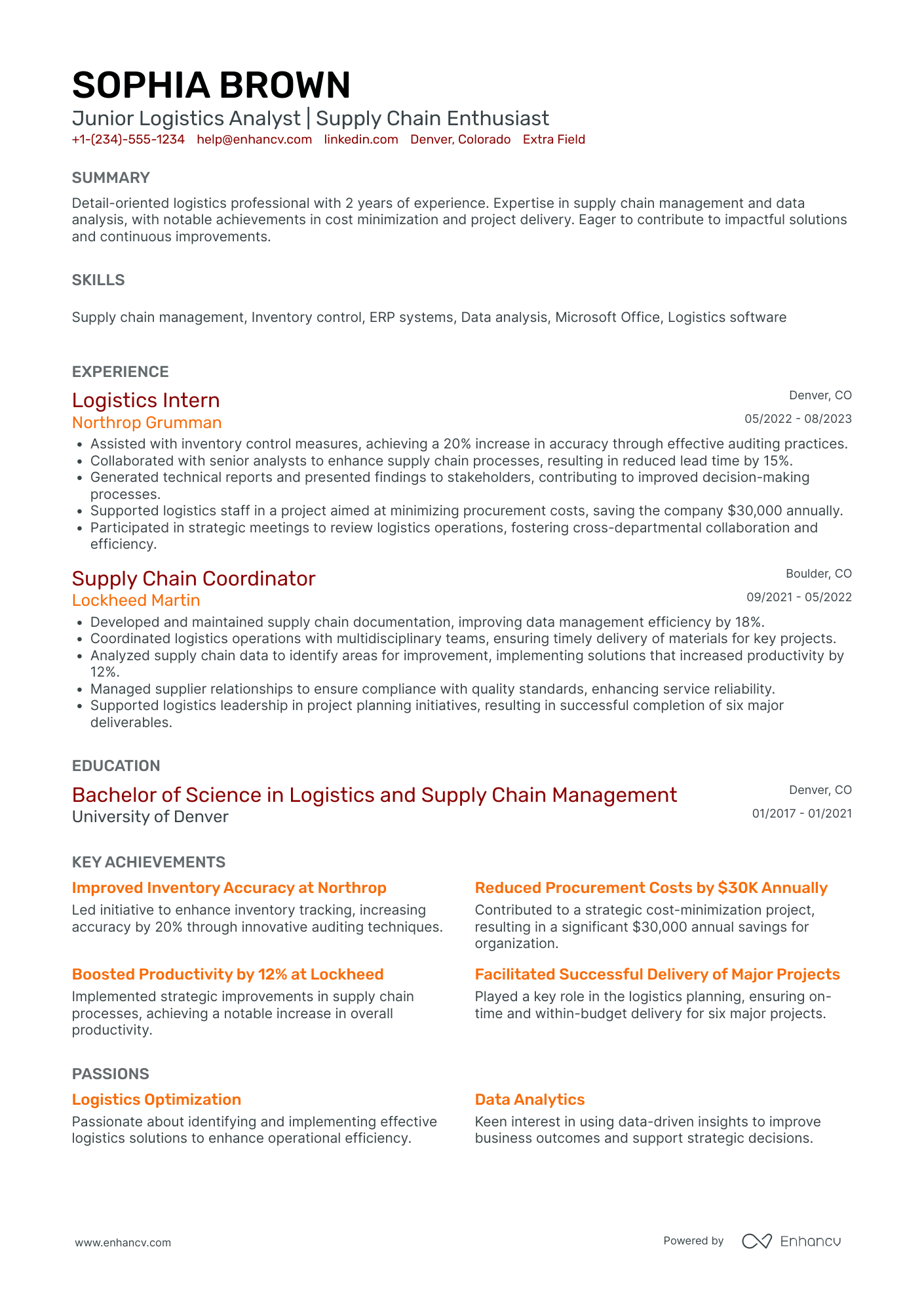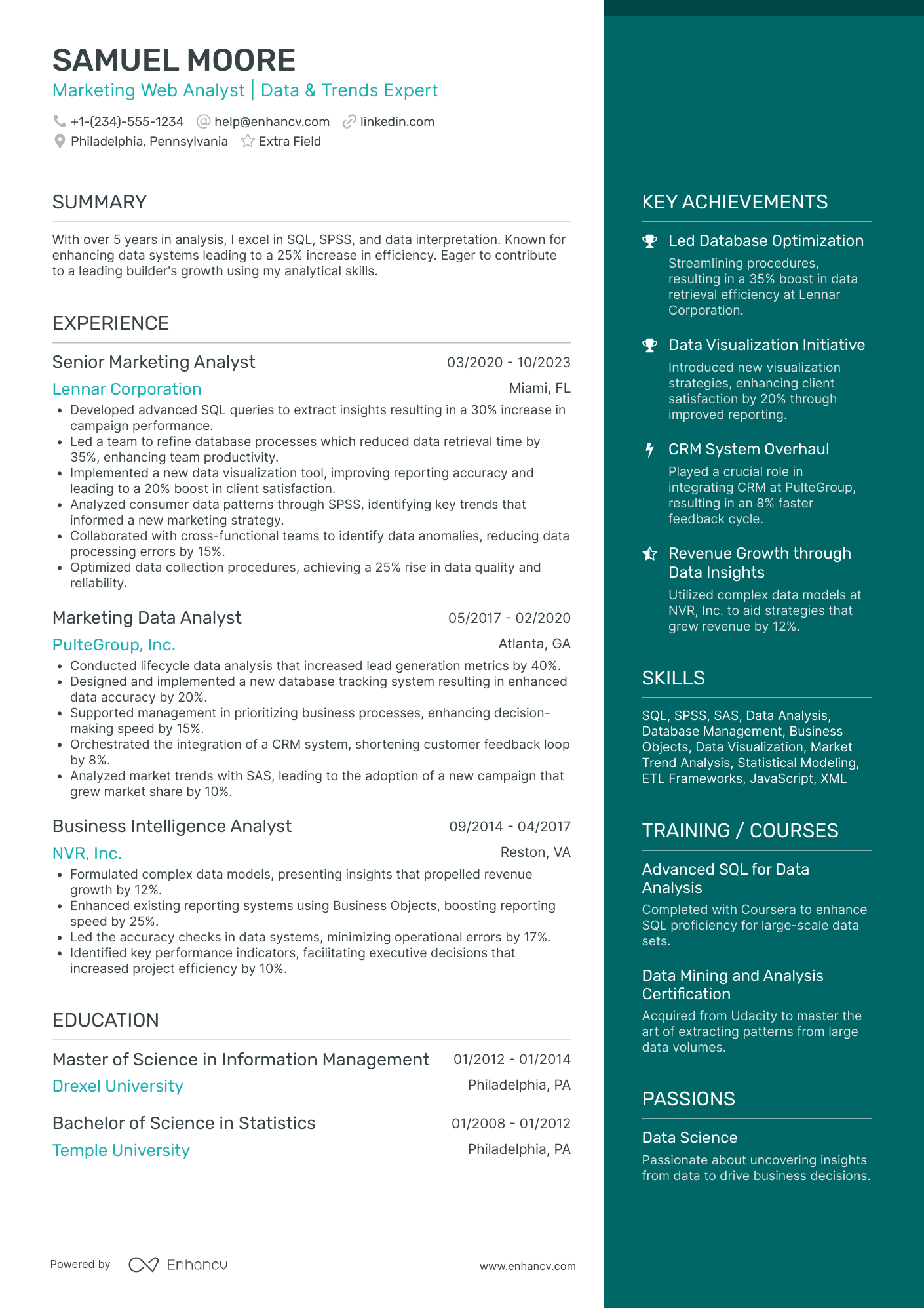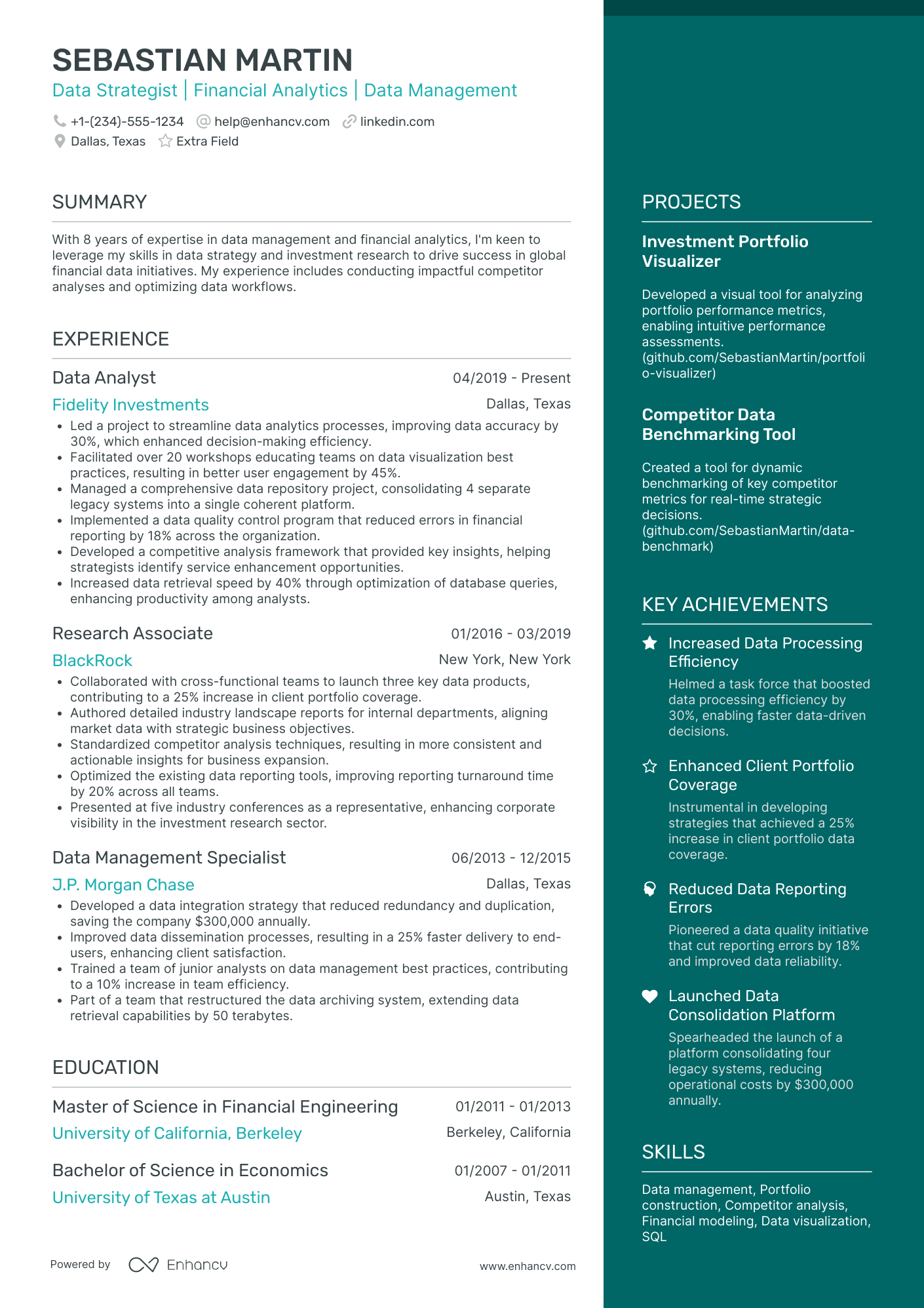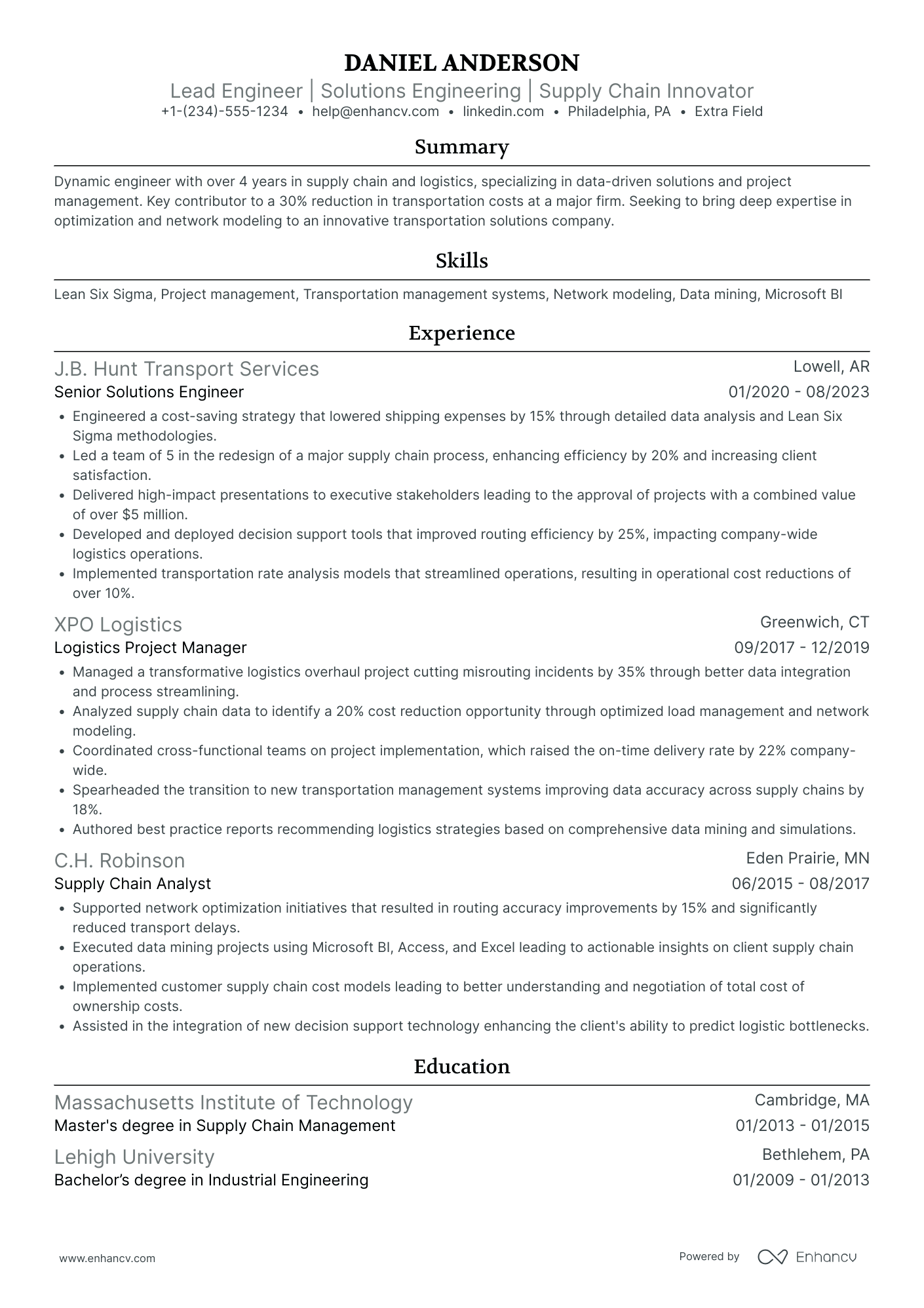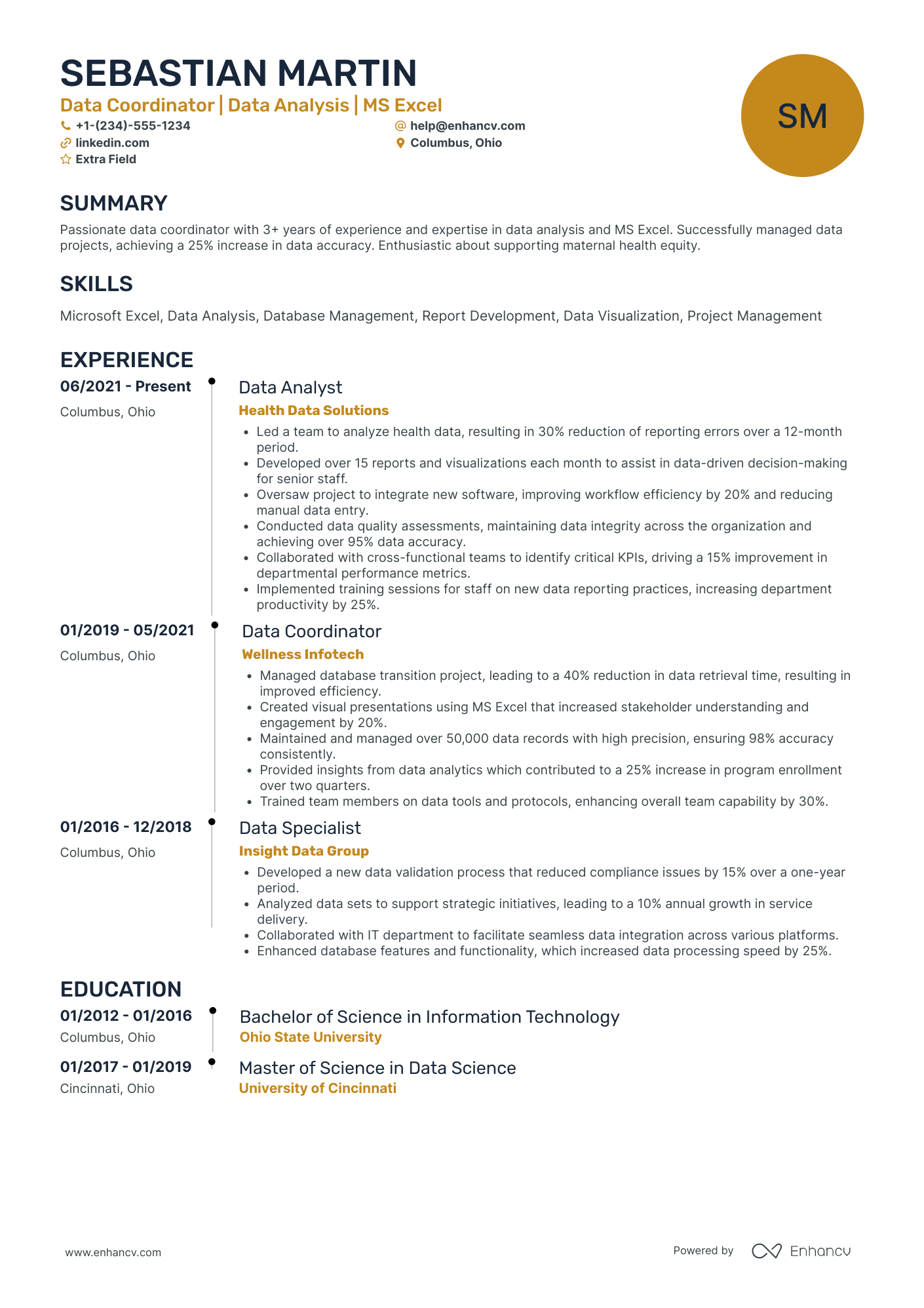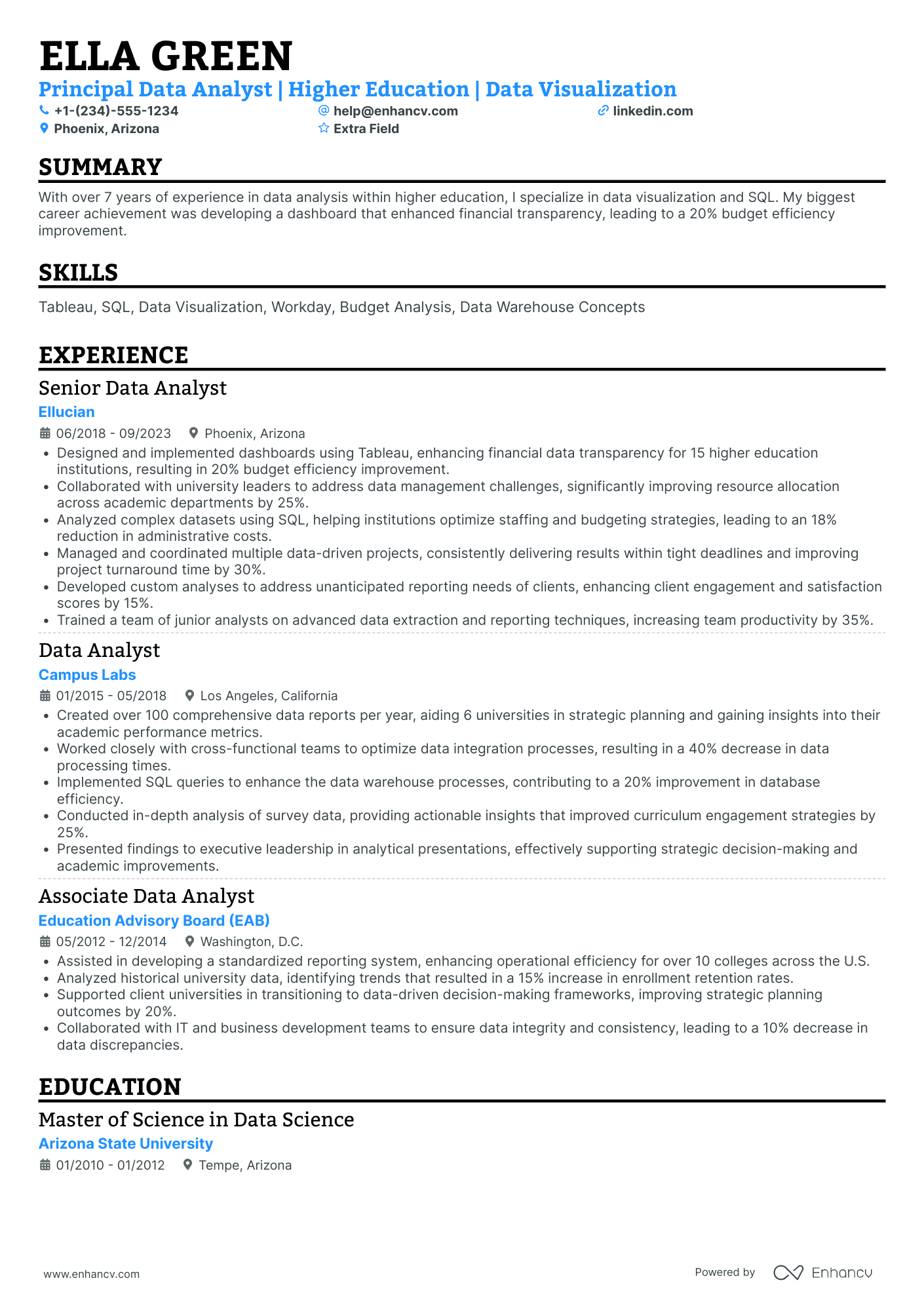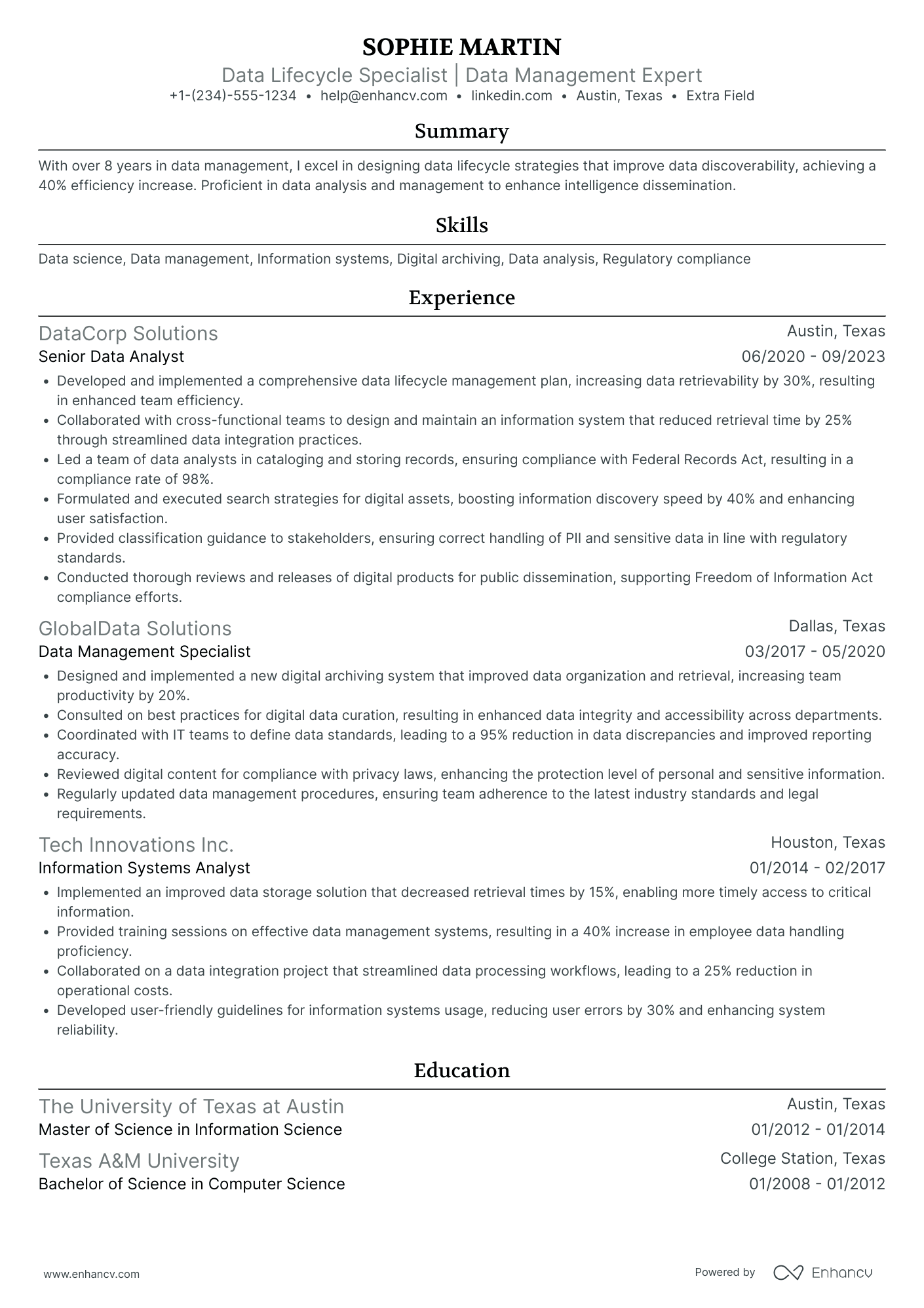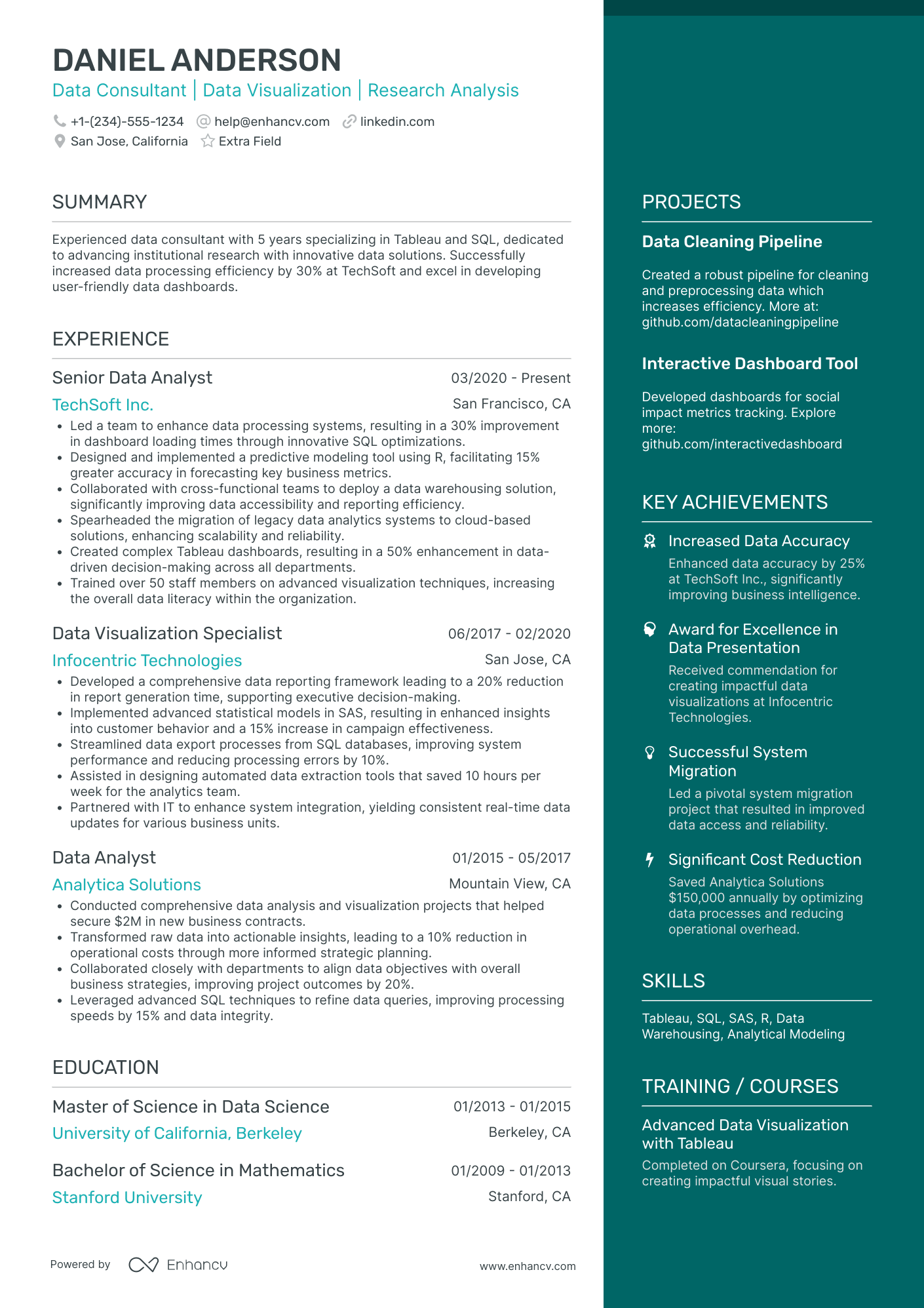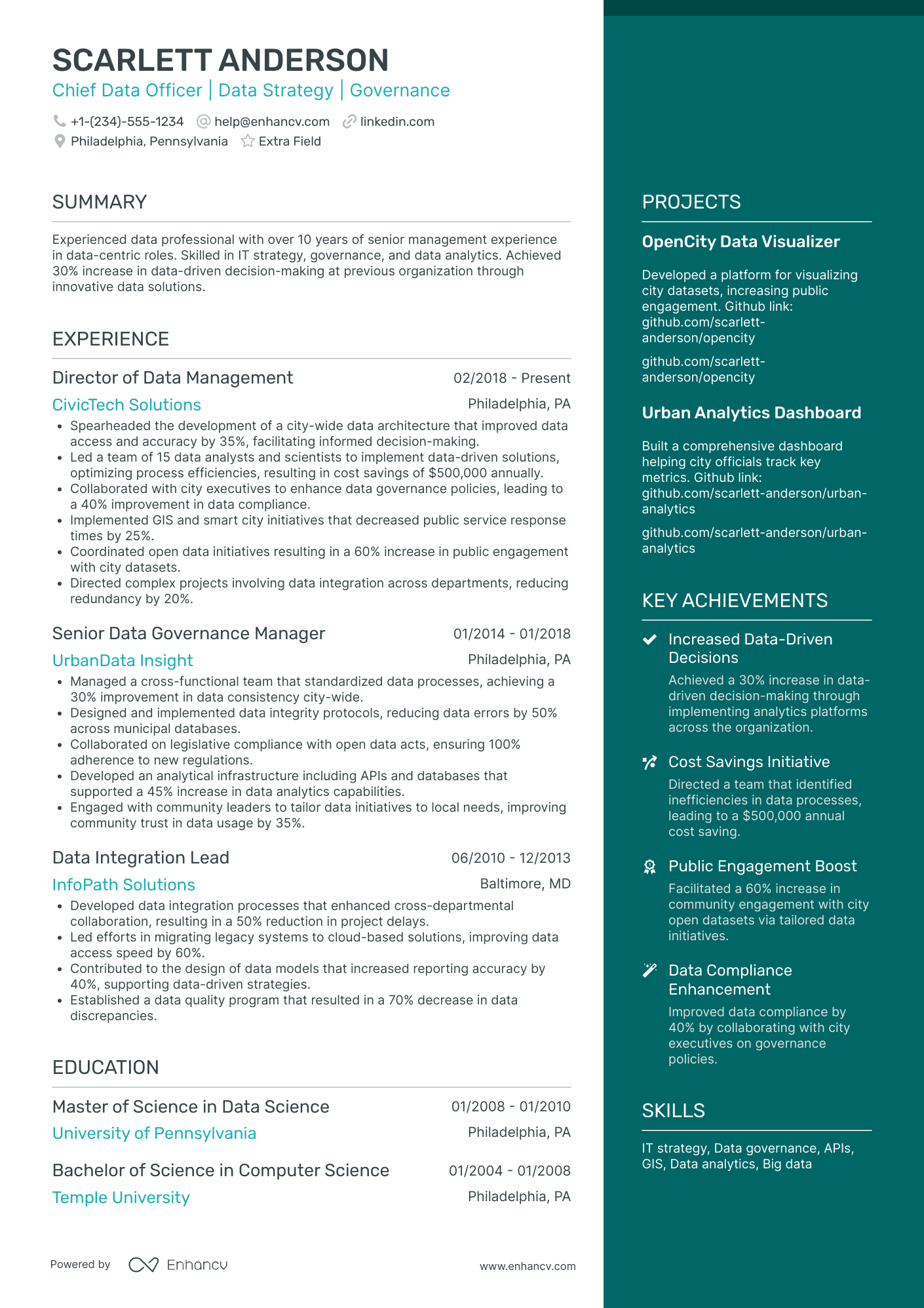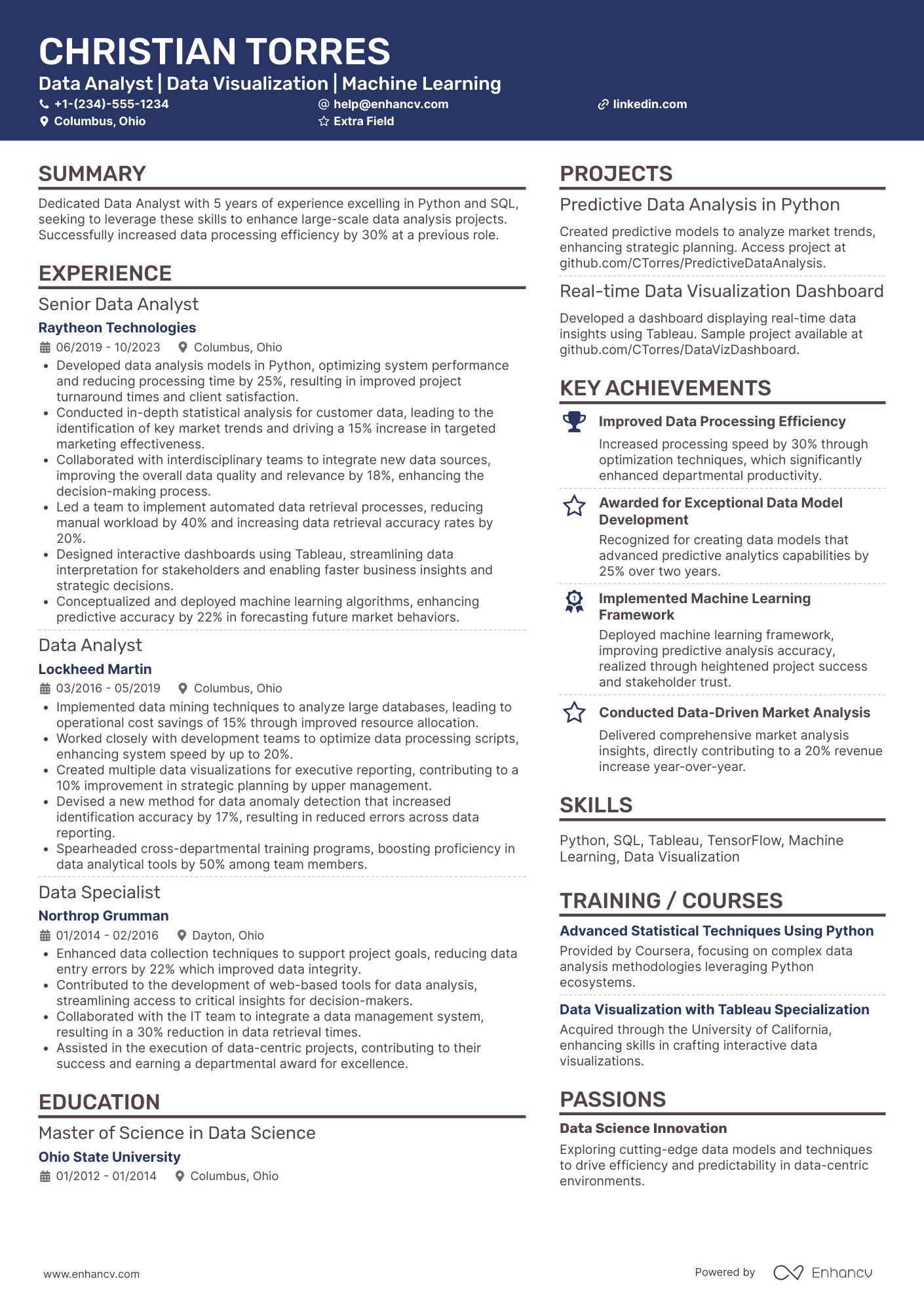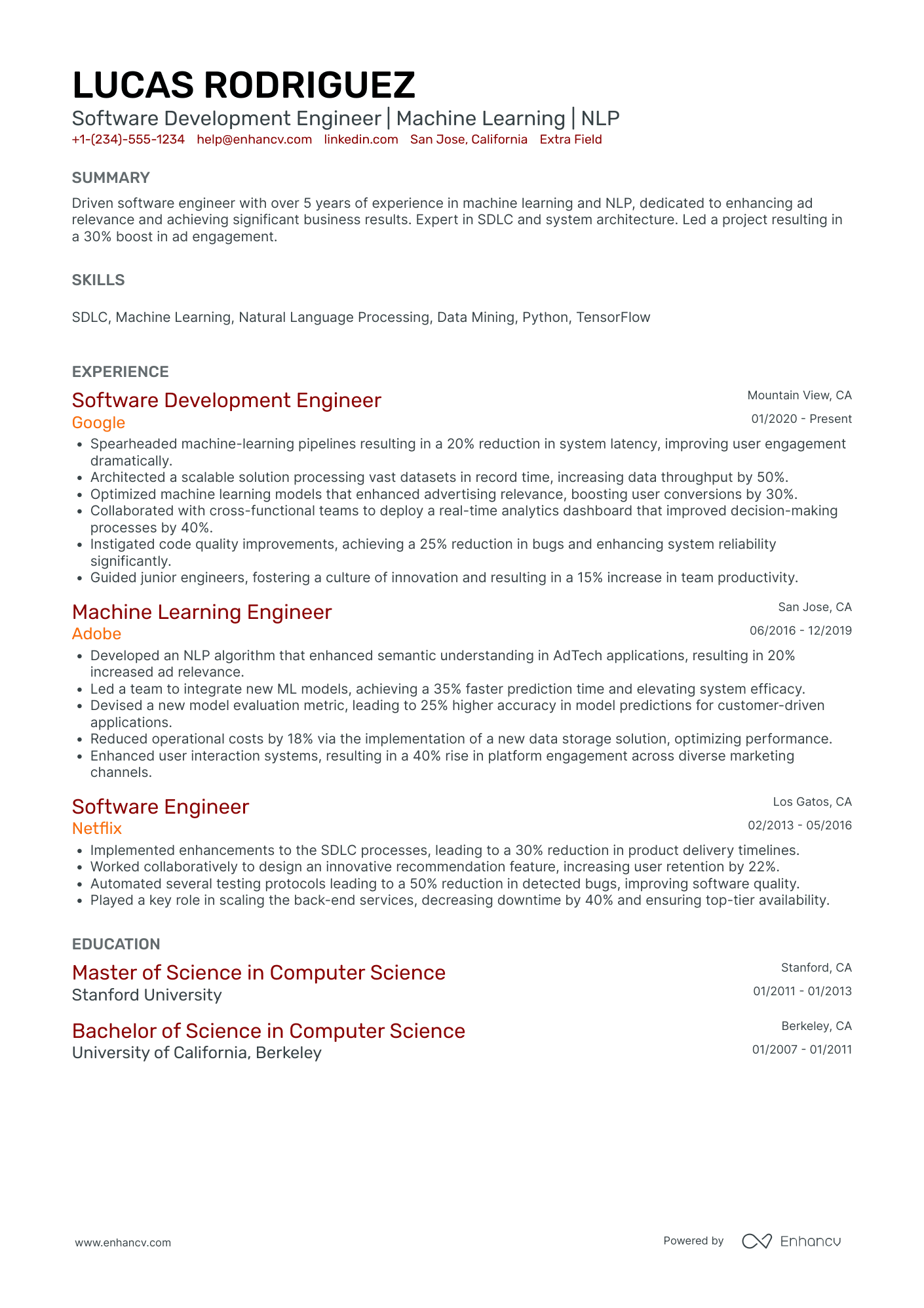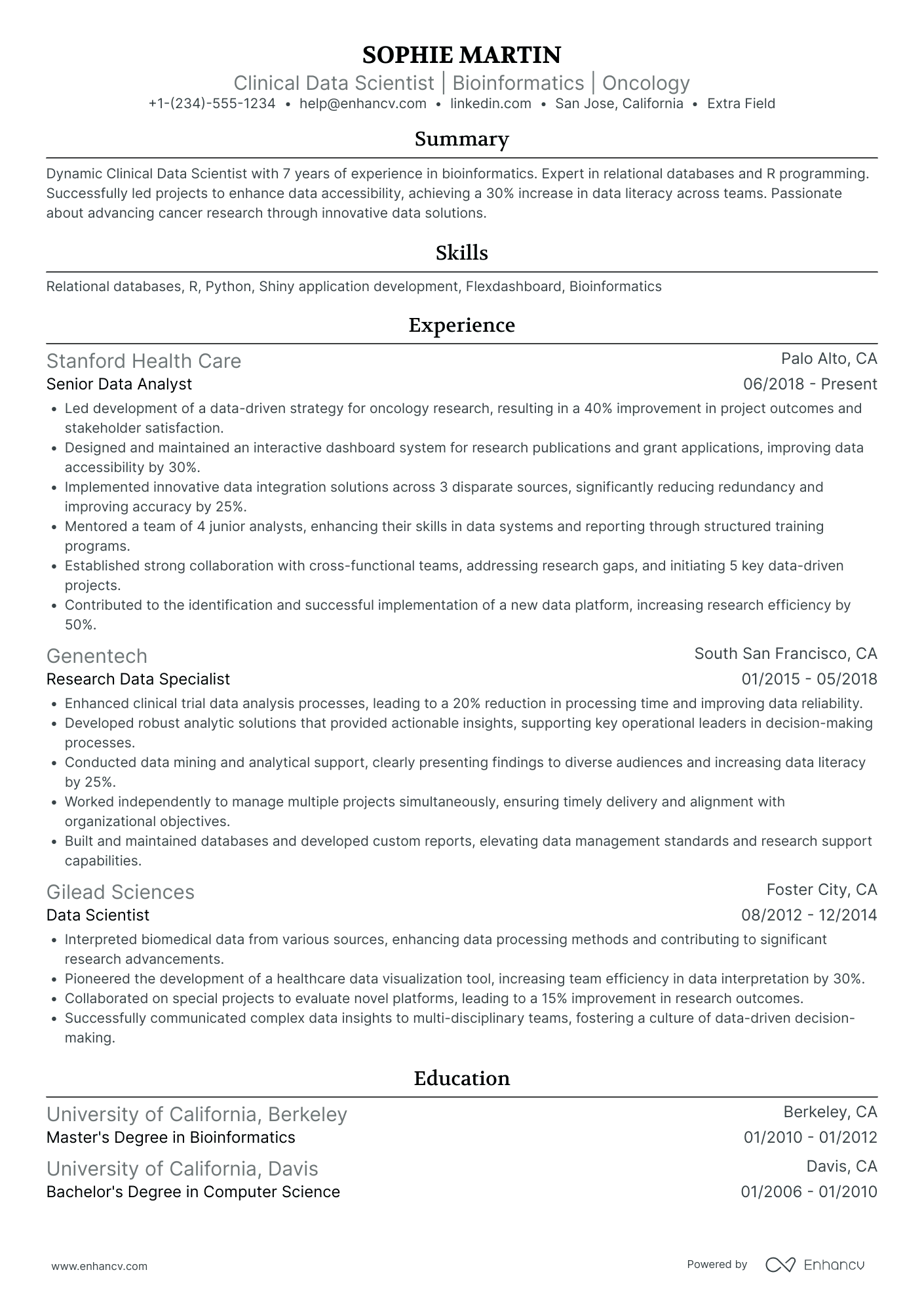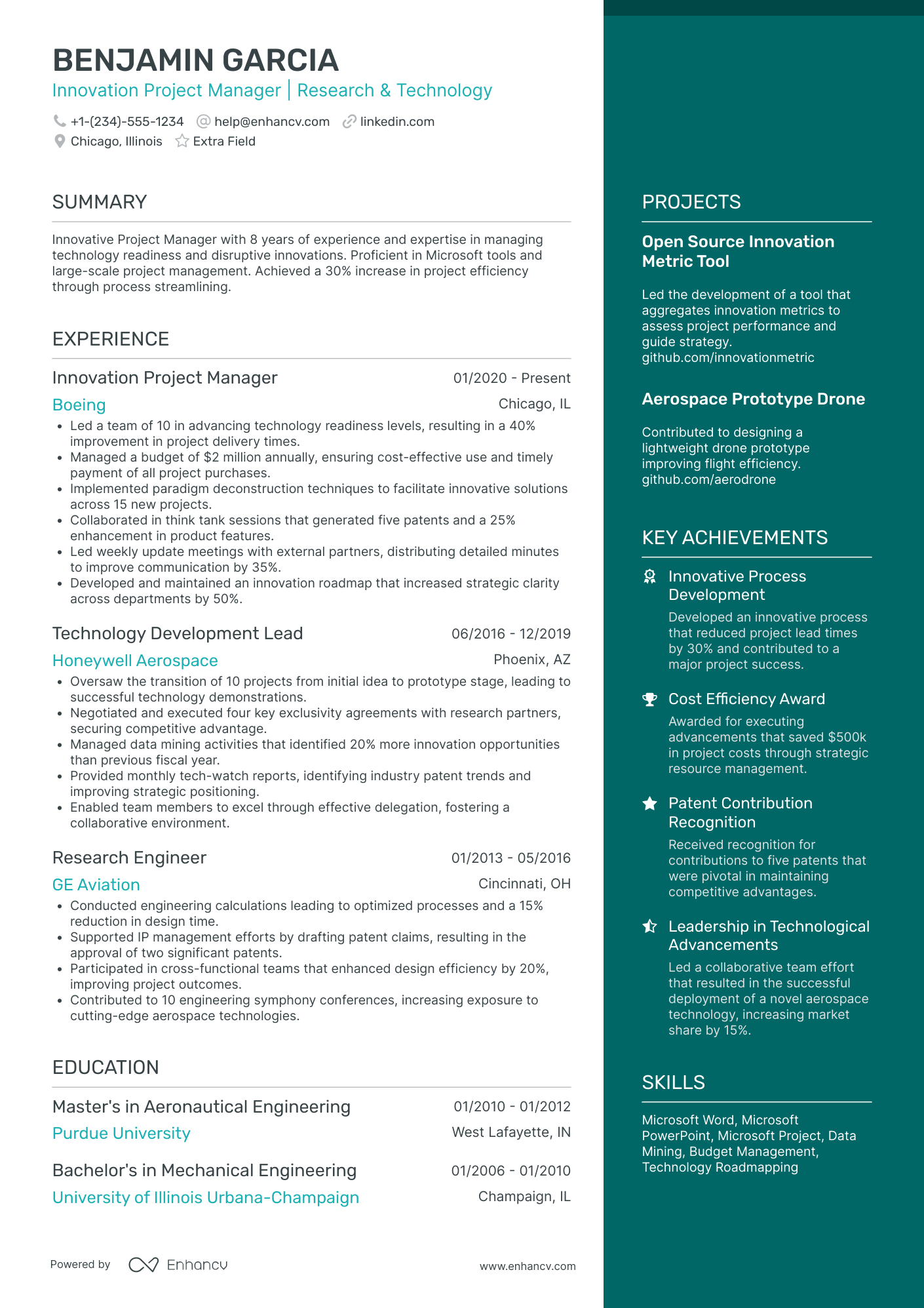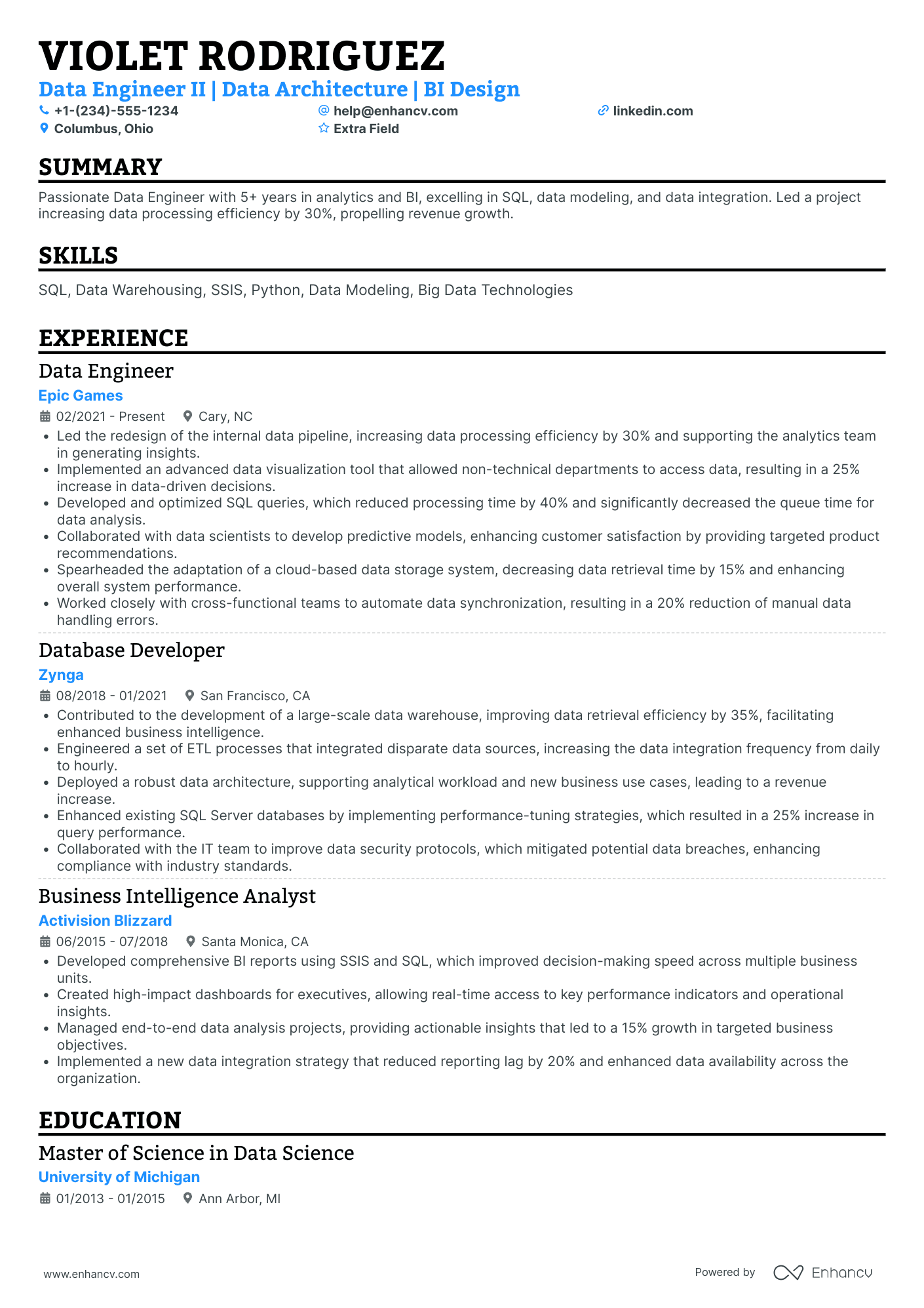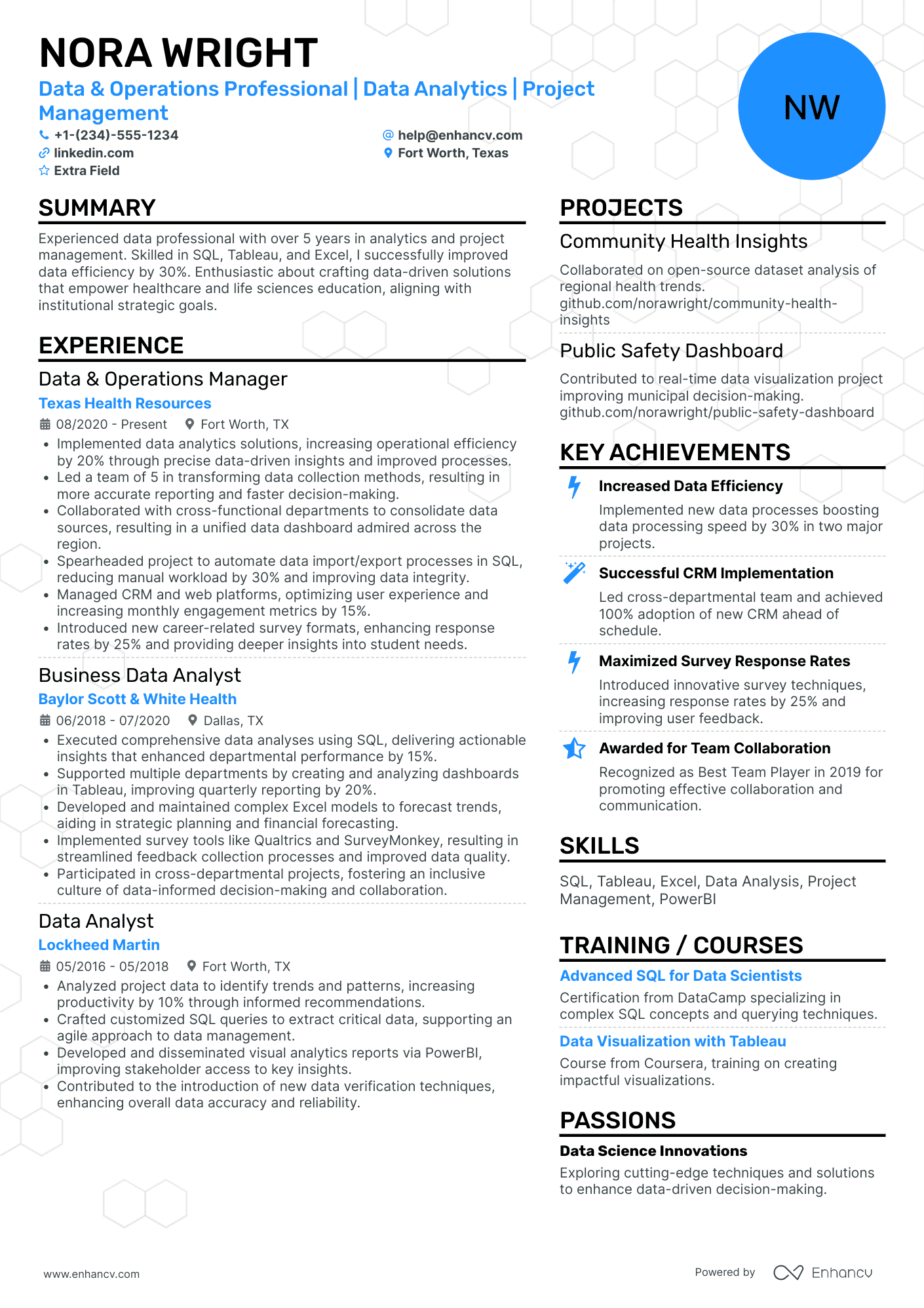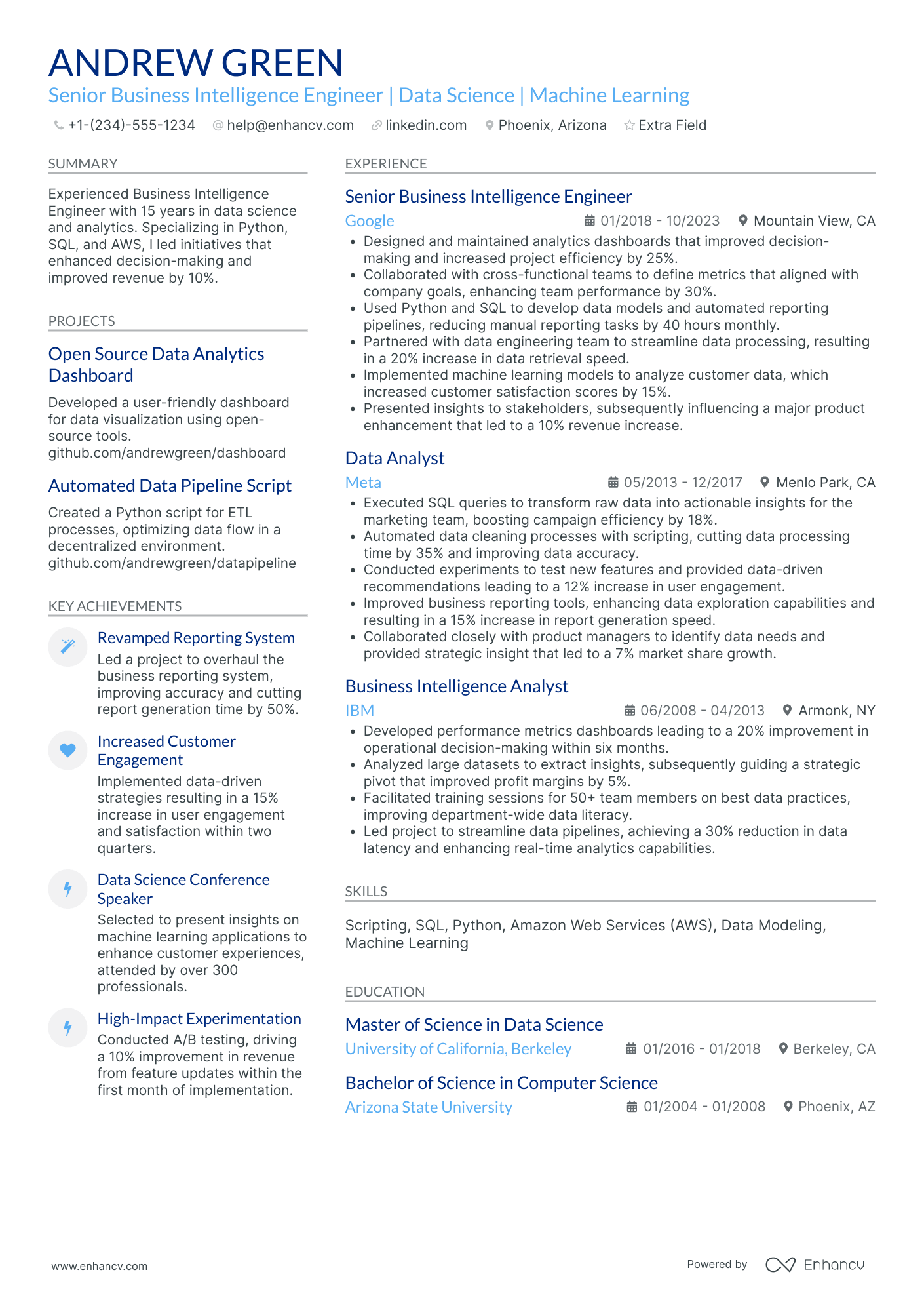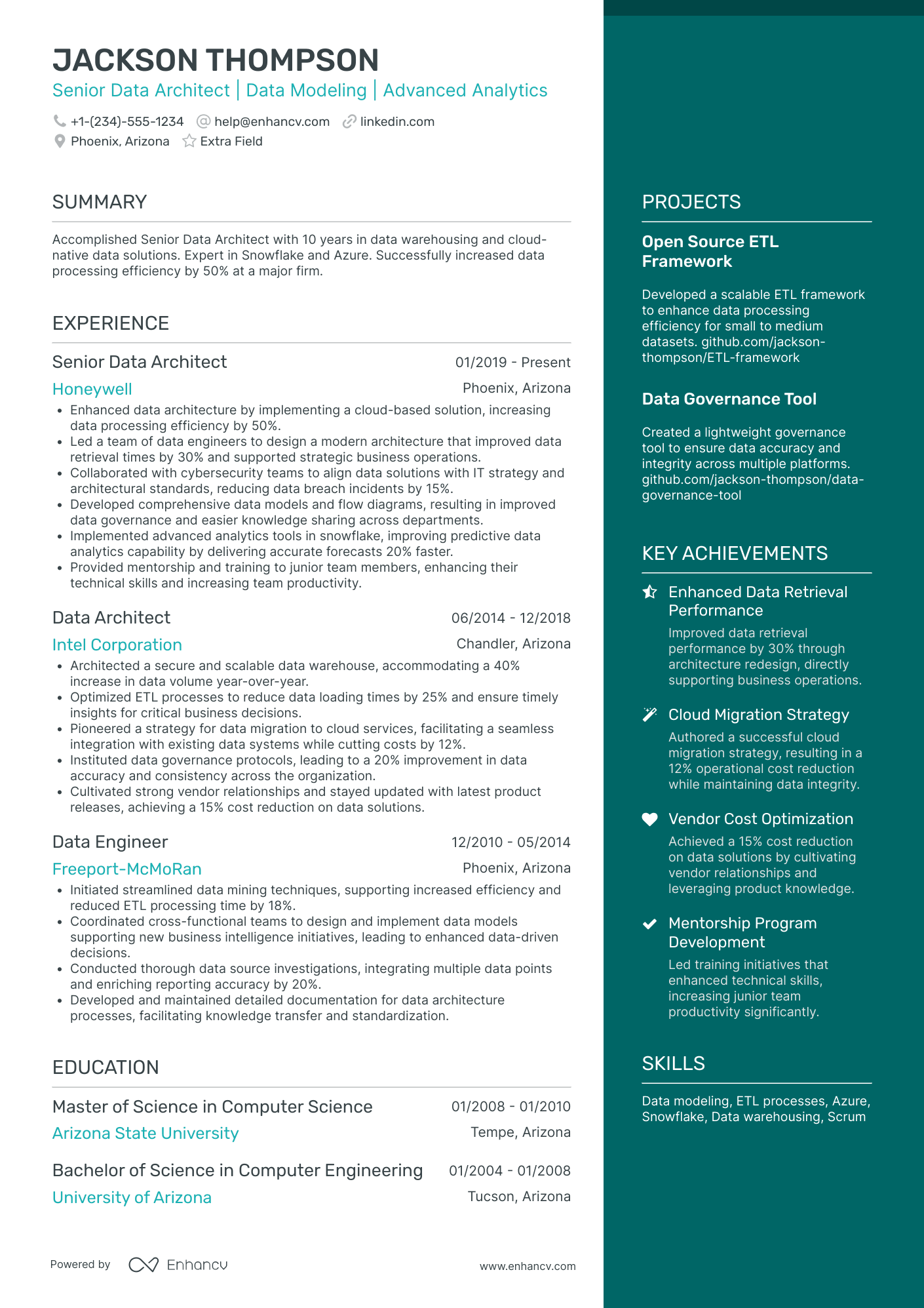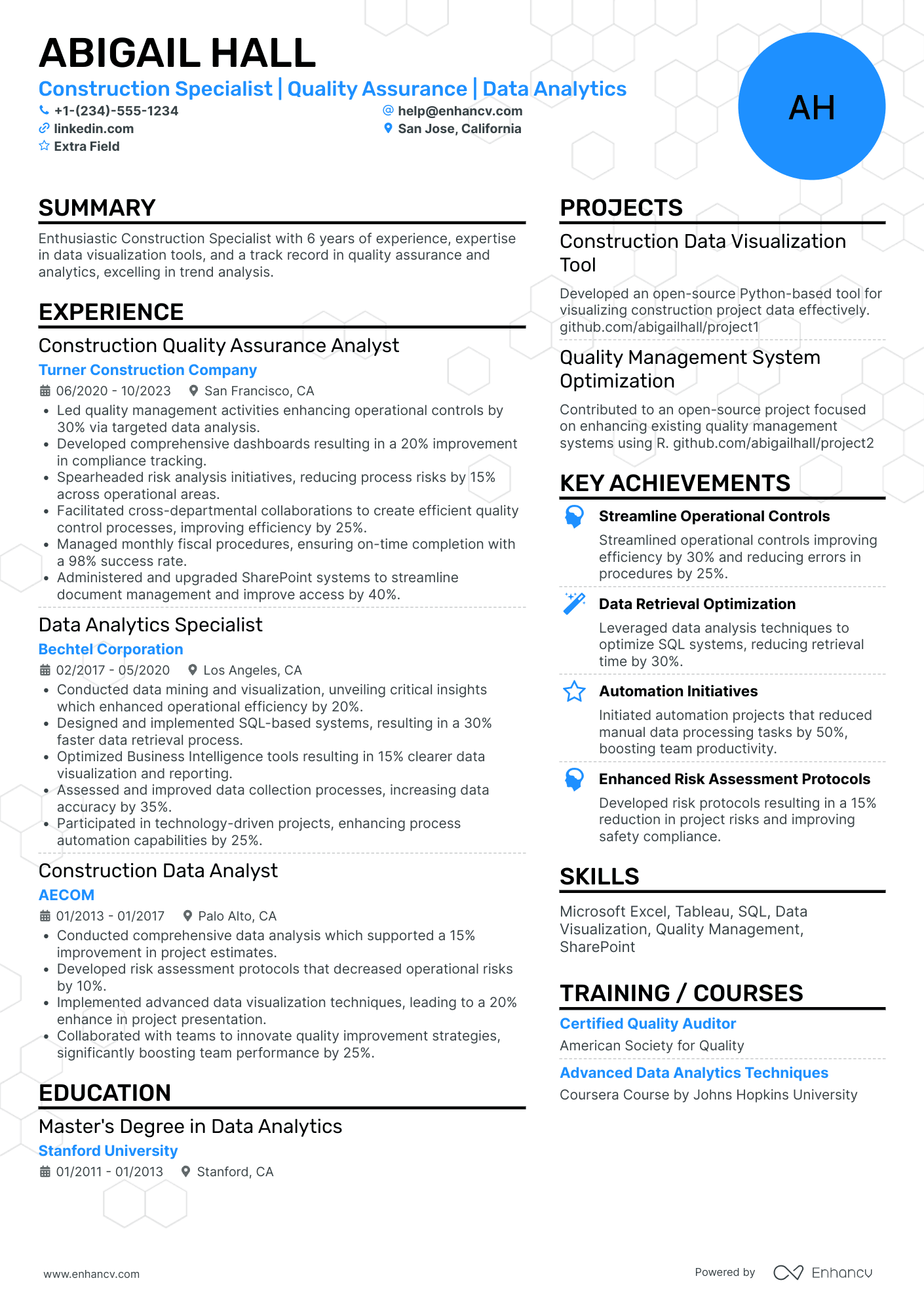Data mining is practically in every industry - from banking, retail, health care, education, to criminal justice and public service. Despite the vast range of this profession, this job isn’t as clear cut as it may seem.
Due to the different nature or environment data mining positions are operating under, skills, degree of competence, and official credentials can trump loosely related job experiences.
Most data mining positions have skills and experiences that are industry-specific, and paper qualifications may be your holy grail to make the cut.
Why?
Proving your competence in relevant skills takes more than just demonstrating them in your job. Recruiters will not take your word for it if you don’t have the actual paperwork to prove it.
Aside from those, there are various particulars in your resume that must be polished for you to get the recognition that will take you one step closer to acquiring this job.
This guide will break that down for you.
What this data mining resume guide will teach you
- The 6 important sections of your data mining resume
- What your resume should tell the recruiters or hiring managers
- What should go in your resume header to make increase your chances of getting shortlisted at first glance
- How to write a short but concise resume that answers directly to the needs of the recruiter or hiring manager’s requirements.
- The right way to state and highlight your experiences.
- The relevant skills that should be on your skills section.
- How to add your education or certifications to your resume.
How to write a data mining resume
Fist of all you need to have a clear idea on how to write a resume. After that you can implement specifics to make it more suitable for the position you are after.
Pick a template for your resume, the most often used one must be the combination template. You can create something of your own if you prefer, but pay attention to the fonts and colours that you use. After all, you want to look as professional as possible.
You also need to establish how long the resume will be. You can go with a one page resume if you don't have a lot of experience in different companies or many certificates.
An important thing to take note of is that your resume should be personalized according to the demands of the industry and company you’re applying in.
Present your value proposition as a problem-solving solution specific to the job posting’s needs.
You can do that by including the these important resume sections in your data mining resume:
- Writing a **header** with a relevant job title.
- A straightforward **summary** that exhibits your relevant competence.
- Properly framed relevant **job experience section** featuring your impactful achievements.
Let’s break down the key highlights of your resume where you need to put in the extra work to easily catch the skeptical eyes of recruiters or hiring managers.
Data mining resume top sections
- Your resume header
- Professional summary
- Your experiences.
- Skills
- Education
- Certification
Your data mining resume should tell recruiters:
- Your proficiency in relevant technologies and tools.
- The business impact of your work.
- Your competence in strategic data analysis and research.
- Your capacity to improve productivity via sophisticated statistical modeling
- Your ability to determine common patterns or trends that may be used to improve a product’s performance
Data mining resume header writing tips
No matter the industry, data mining falls on the business analysis side of the trade. With that being said, the job titles may not exactly be called “data mining” but rather titles synonymous with the role. Here is a list of common job titles, that you can use for your resume header.
Among the common job titles you can use for this role are the following:
- Data analyst
- Business intelligence developer
- Data developer
- Data scientist
- Data engineer
- Clinical Data Analyst
- Robotics Process Automation Data Scientist
- McAfee Data Analyst
- Security Data Analyst
2 data mining Resume Header Examples
This second example emphasizes both your business and technical acumen. In turn, it will ultimately qualify you for the job if the industry is parallel to your title.
How to write a data mining resume summary
To write a compelling professional resume summary, glean points from the job description. Typically, data mining jobs post contain the following elements:
- Years of experience
- Industry-related requirement
- Technological expertise
- Technical skills
The goal with your summary is to provide excerpts from your most impactful credentials while answering to these requirements.
Optimize your resume summary and objective for ATS
Drop your resume here or choose a file.
PDF & DOCX only. Max 2MB file size.
2 data mining resume summary examples
A data mining job entails a lot of competence that is necessarily exhibited in the key parts of your resume. Writing a simple summary as this first one won’t be able to convey the extent of your qualification.
The summary is a preview of your competence, make sure you sound qualified!
You may think that writing down a long list of responsibilities on your experience section will make your resume stand out. It may feel like you’re doing yourself a favor in doing so, but in reality, recruiters don’t really dwell on those long-winded descriptions of your roles.
How to weave your data mining resume experience
As mentioned since the beginning of this guide, tailor-fit your resume to the requirements of the job description. You should always pay attention for hidden keywords to put in you resume. Using keywords is the corner stone of building an ATS friendly resume.
With that in mind, write your experience around these key points:
- Your years of experience
- Describe which technologies and frameworks you’re accustomed to.
- Highlight the business impact generated as a result of your work.
- Your proficiency in data analysis tools and programming software such as SQL, T-SQL, PL/SQL, Perl languages, as well as experience operating in a Linux environment.
- Some roles that exhibit your communication and presentation skills.
Data mining resume experience examples.
- •Served as a subject matter expert.
- •Initiate and carry out analytic experiments.
- •Provide insights and recommendations pulled from analysis to leadership and team members.
- •Work with the Data Engineers to facilitate investigations.
- •Define additional sources of data or logging which could aid during investigations.
This example falls short when it comes to communicating the extent of the candidate’s responsibilities and competence in his or her related roles. While it’s good that the job experiences were listed down briefly, it lacked the necessary substance that will aid the candidate land a job in data mining.
- •Serve as a subject matter expert to the Security team for data collection and availability.
- •Designed, developed, and delivered machine learning-enabled solutions to address critical questions.
- •Perform analysis of data related to several of our titles for patterns of malicious activity.
- •Provide insights and recommendations pulled from analysis to leadership and team members.
- •Streamlined the use of machine learning techniques by implementing Naive Bayes, Clustering, and Classification in Python for data analysis
- •Initiated distributions, predictive modeling, data validation, statistical testing, regression.
- •Develop and maintain good relations and communicate with people at all hierarchical levels.
Specific and concise - these two are qualities of a well-written experience of a data mining resume experience section.
This job deals heavily with data, statistics, and technology. To make your experience a perfect match for the data mining job you’re applying for, cherry-pick the relevant experiences you’ll feature in the experience section.
Complement those experiences with both technical and soft skills you’ve demonstrated necessary to the success of a certain responsibility you’ve taken on.
By doing so, you are directly telling the recruiter or hiring manager that you have performed the same data mining role with similar responsibilities.
Data mining skills on your resume
data mining requires individuals with a strong background in mathematics and hones an extremely analytical mind. These two are the basic foundation of all the necessary skills needed to succeed in this field. Make sure you add all of them in your resume skills section.
There are two classifications of the skills necessary to perform the role. Apparently, if you want to land a job in this field, these skills are a prerequisite and are the non-negotiable aspects of the job.
Top 8 technical skills for data mining resume
- SQL
- T-SQL
- PL/SQL
- NoSQL
- Hadoop
- Java
- Python
- VBA
- Mathematics and algorithm
These are the most wanted data mining soft skills on resumes
- Strong analytical skills
- Programming skills
- Flair for communication
- Presentation skills
Do i need an education section on my resume?
To kickstart a career in data mining, the most practical route is to gain in-depth knowledge about data science.
This study explores the statistical methods used in extracting meaning from large chunks of data. It’s also the only study that specifically goes in-depth with the development of predictive models and applications, which are essential in drawing relevant data-driven conclusions for decision making and solutions.
Data mining also enforces strong mathematical and statistical background - which you can only achieve through acquiring formal education in such fields.
If you’re also a recent graduate looking for an entry-level data mining position, then your education is the only asset you have that can get you a ticket to this profession. Read our tips on building a resume without work experience, to further increase your chances of landing an interview.
If you want to formally make your way into data mining, you should consider the following degrees:
- Data Science
- Degree in Mathematics
- Degree in Programming
- Degree in Computer Science
- Degree in Informatics
- Degree in Information Systems
Since it’s one of the credentials that hold a lot of weight in your resume, displaying it on your resume is a big deal. It can make or break your application, especially for entry-level applicants. So in short, yes, you definetly need an education section on your resume!
Do i need data mining certificates on my resume?
Whilst it’s true that more industry experience equates to less relevance of your educational background. That isn’t the case for data mining jobs.
The foundation of this role is built upon an individual’s expertise in the principles of Mathematics and Statistics. Without formal education in such crafts, it will require intensive on-the-job training or exposure to get you ready for this role. And, no company is willing to provide such training for such a high profile job.
If you want to be an expert in this field but don’t hold any relevant degrees, the easiest route is by acquiring relevant data mining certificates. Degree holders can also boost their qualifications by supplementing their credentials with these certificates. ‘
Since resume certificates can also play a major role in gauging your competence for a data mining job, listing them down properly can boost your chances of getting shortlisted.
Top 15 data mining certificates for your resume
- Applied AI with DeepLearning, IBM Watson IoT Data Science Certificate
- Certified Analytics Professional (CAP)
- Cloudera Certified Associate: Data Analyst
- Cloudera Certified Professional: CCP Data Engineer
- Data Science Council of America (DASCA)
- Dell Technologies Data Scientist Associate (DCA-DS)
- Dell Technologies Data Scientist Advanced Analytics Specialist (DCS-DS)
- HDP Data Science
- IBM Certified Data Architect
- Microsoft MCSE: Data Management and Analytics
- Microsoft Certified Azure Data Scientist Associate
- Microsoft Professional Program in Data Science
- SAS Certified Advanced Analytics Professional
- SAS Certified Big Data Professional
- SAS Certified Data Scientist
Tips and tricks for writing your top data mining resume
- Make sure to keep the perfect balance between business and technical skills in every section of your resume
- The header, especially the job title should specifically connote the industry you’re recently engaged in.
- Your technical and soft skills hold as much weight as your experience. Don’t leave them out of your resume.
- Your experience section should exhibit the actual skills you've demonstrated and how it culminated in the results you've accomplished.
- Unlike many other professions, relevant education/degree is necessary for data mining.
- Strengthen your data mining resume with industry-standard certificates.
Data Mining resume examples
By Experience
By Role
